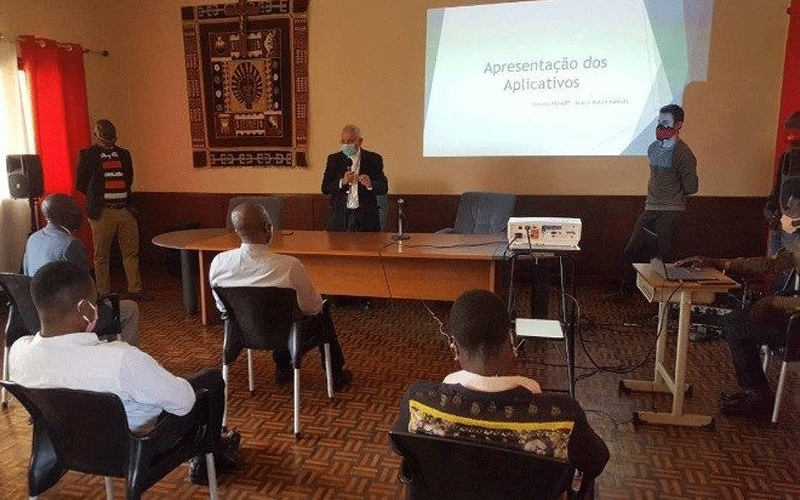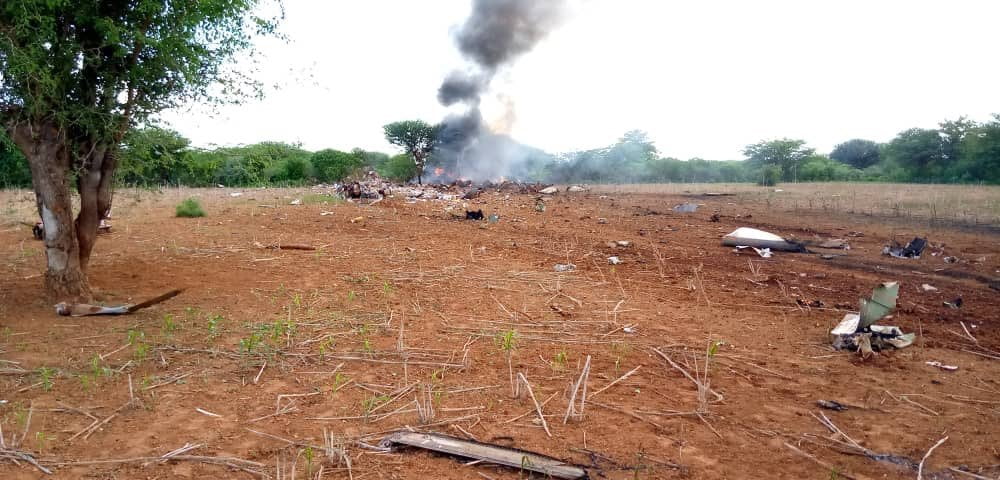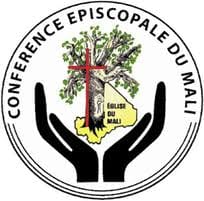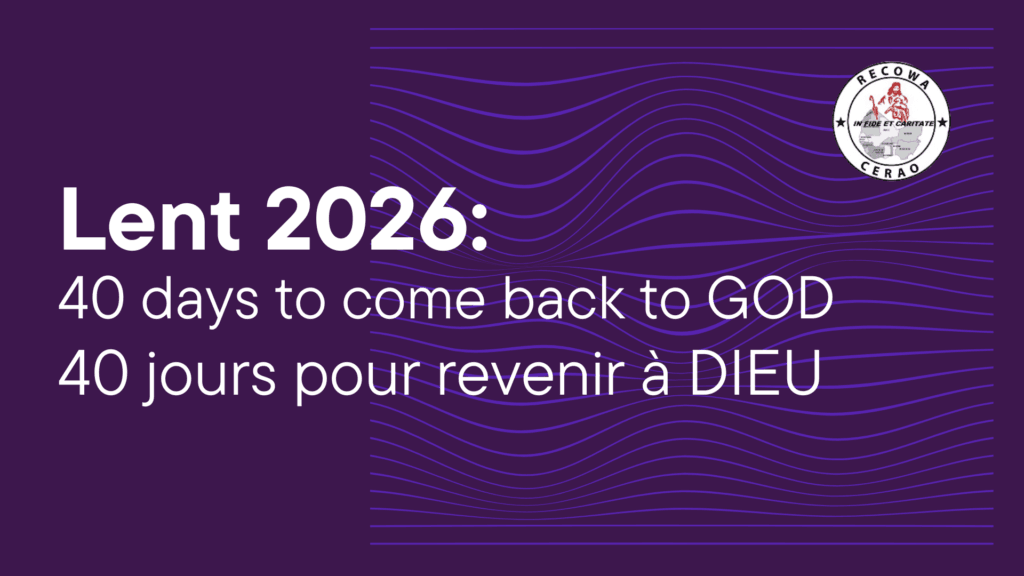A RECOWACERAO NEWS AGENCY, RECONA, concluiu que, no projeto “Catitablet”, que é abreviado de “ensino católico (catequese) no tablet”, a iniciativa viu a Bíblia e o Missal serem traduzidos para Tchokwe, Luchazes, Lunda-Ndembo e Luvale línguas. Estas são as línguas faladas predominantemente na parte oriental de Angola.
Falando durante o lançamento do aplicativo em 4 de agosto, o Bispo da diocese de Lwena, Jesús Tirso Blanco, observou que o formato digital dos dois Livros Litúrgicos “servirá como principal ferramenta na pregação do evangelho em diferentes tribos e povos” do região.
“Há uma grande necessidade de evangelistas cristãos terem cada vez mais domínio das línguas nacionais, para que a difusão do Evangelho seja mais abrangente nas comunidades”, foi citado o bispo Blanco, membro dos Salesianos de Dom Bosco (SDB). como dito durante o lançamento em 4 de agosto.
Segundo o bispo argentino, a produção da Bíblia digital e do Missal, um projeto realizado pelos fiéis durante a pandemia do COVID-19, é « evidência de que a diocese está cumprindo seu papel de expandir a palavra de Deus ».
Para a comunidade diocesana, o aplicativo é “uma ferramenta valiosa que surge para complementar o processo de evangelização” na região habitada por diversas etnias, destacaram os Bispos.
Abel Xavier, um fiel da diocese, expressou seu apreço pela equipe do projeto “Catitablet” por seu esforço na digitalização da Bíblia e do Missal, pois “eles ajudarão, acima de tudo, os catequistas na pregação em áreas remotas da província”.
Pertencente à maior província administrativa de Angola, Moxico, a região leste tem uma população estimada em 700.500 habitantes dos grupos étnicos de Tchokwe (que é o maior), Luvale, Bundas, Luchazes, Lunda-Ndembo e Umbundu, entre outras etnias menores.
Em 2019, a liderança da Igreja Católica no país traduziu o “Catecismo da Igreja Católica” para o umbundo, a segunda língua mais falada depois do português.
Angola, que faz fronteira com a República Democrática do Congo (RDC), Namíbia, Congo Brazzaville, Zâmbia e Oceano Atlântico, tem uma população de 17,35 milhões de pessoas. 56,4% da população é católica, espalhada por cinco arquidioceses e 14 dioceses.
xxxxxxxx
Les informations parvenant au bureau de RECOWACERAO NEWS AGENCY, RECONA indiquent que la direction du diocèse catholique de Lwena en Angola a lancé une application mobile contenant la Sainte Bible et le Missel catholique dans quatre langues nationales parlées dans la région orientale de la nation d’Afrique australe. Le président du RECOWA-CERAO, Mgr Ignatius Ayau Kaigama, au nom de cet organe fédérateur de tous les évêques d’Afrique de l’Ouest, félicite la Conférence épiscopale d’Angola dans tous ses efforts jusqu’à présent.
L’AGENCE DE NOUVELLES DE RECOWACERAO, RECONA, a constaté que dans le cadre du projet «Catitablet», qui est abrégé de «l’enseignement catholique (catéchèse) sur la tablette», l’initiative a vu la Bible et le Missel traduits en Tchokwe, Luchazes, Lunda-Ndembo et Luvale langues. Ce sont les langues principalement parlées dans la partie orientale de l’Angola.
S’exprimant lors du lancement de l’application le 4 août, l’évêque du diocèse de Lwena, Jesús Tirso Blanco, a noté que le format numérique des deux livres liturgiques «servira d’outil principal dans la prédication de l’Évangile dans différentes tribus et peuples» de la Région.
«Il y a un grand besoin pour les évangélistes chrétiens de maîtriser de plus en plus les langues nationales, afin que la diffusion de l’Evangile soit plus complète au sein des communautés», a cité Mgr Blanco, membre des salésiens de Don Bosco (SDB). comme l’a dit lors du lancement du 4 août.
Selon l’évêque d’origine argentine, la production de la Bible et du Missel numériques, un projet entrepris par les fidèles pendant la pandémie COVID-19, est «la preuve que le diocèse remplit son rôle en élargissant la parole de Dieu».
Pour la communauté diocésaine, l’application est «un outil précieux qui semble compléter le processus d’évangélisation» dans la région habitée par divers groupes ethniques, ont déclaré les évêques.
Abel Xavier, fidèle du diocèse, a exprimé sa gratitude à l’équipe du projet «Catitablet» pour ses efforts dans la numérisation de la Bible et du Missel car «ils aideront surtout les catéchistes à prêcher dans les régions reculées de la province».
Faisant partie de la plus grande province administrative de l’Angola au Mexique, la région orientale compte une population estimée à 700 500 habitants des groupes ethniques de Tchokwe (qui est le plus grand), Luvale, Bundas, Luchazes, Lunda-Ndembo et Umbundu, entre autres ethnies plus petites.
En 2019, les dirigeants de l’Église catholique du pays ont traduit le «Catéchisme de l’Église catholique» en Umbundu, la deuxième langue la plus parlée après le portugais.
L’Angola, bordé par la République démocratique du Congo (RDC), la Namibie, le Congo Brazzaville, la Zambie et l’océan Atlantique a une population de 17,35 millions d’habitants. 56,4% de la population est catholique, répartie dans cinq archidiocèses et 14 diocèses.
xxxxxxxxx
Information reaching the office of RECOWACERAO NEWS AGENCY, RECONA indicates that the leadership of the Catholic Diocese of Lwena in Angola has launched a mobile application containing the Holy Bible and the Catholic Missal in four national languages spoken in the Eastern region of the Southern African nation. The president of RECOWA-CERAO, Archbishop Ignatius Ayau Kaigama, in the name of this umbrella body of all the bishops in West Africa congratulates the Bishops Conference of Angola in all their efforts so far.
RECOWACERAO NEWS AGENCY, RECONA, gathered that under the project “Catitablet,” which is abbreviated from “Catholic teaching (catechesis) on the tablet,” the initiative has seen the Bible and Missal translated into Tchokwe, Luchazes, Lunda-Ndembo, and Luvale languages. These are the languages predominantly spoken in the Eastern part of Angola.
Speaking during the launch of the application August 4, the Bishop of Lwena diocese, Jesús Tirso Blanco noted that the digital format of the two Liturgical Books “will serve as a primary tool in the preaching of the gospel in different tribes and peoples” of the region.
“There is a great need for Christian evangelists to have more and more mastery of national languages, so that the spread of the Gospel is more comprehensive within communities,” Bishop Blanco, a member of the Salesians of Don Bosco (SDB) has been quoted as saying during the August 4 launch.
According to the Argentinian-born Bishop, the production of the digital Bible and Missal, a project undertaken by the faithful during the COVID-19 pandemic, is “evidence that the Diocese is fulfilling its role in expanding the word of God.”
To the Diocesan community, the application is “a valuable tool that appears to complement the process of evangelization” in the region inhabited by diverse ethnic groups, the Bishops said.
Abel Xavier, a faithful of the diocese, expressed his appreciation for the “Catitablet” project team for their effort in digitizing the Bible and the Missal as “they will help, above all, catechists in preaching in remote areas of the province.”
Falling under Angola’s largest administrative Province of Mexico, the Eastern region has an estimated population of 700,500 inhabitants of the ethnic groups of Tchokwe (which is the largest), Luvale, Bundas, Luchazes, Lunda-Ndembo, and Umbundu, among other smaller ethnicities.
In 2019, the leadership of the Catholic Church in the country translated the “Catechism of the Catholic Church” into Umbundu, the second most widely spoken language after Portuguese.
Angola, bordered by the Democratic Republic of Congo (DRC), Namibia, Congo Brazzaville, Zambia, and the Atlantic Ocean has a population of 17.35 million people. 56.4 percent of the population is Catholic, spread across five Archdioceses, and 14 Dioceses.
- CATHOLIC ARCHBISHOP IN GHANA HAILS POPE LEO XIV AS GOD’S GIFT - 23 mai 2025
- POPE LEO XIV TO APPROVE CANONIZATIONS - 22 mai 2025
- THE EVOLUTION OF PAPAL TRANSPORTATION - 20 mai 2025







